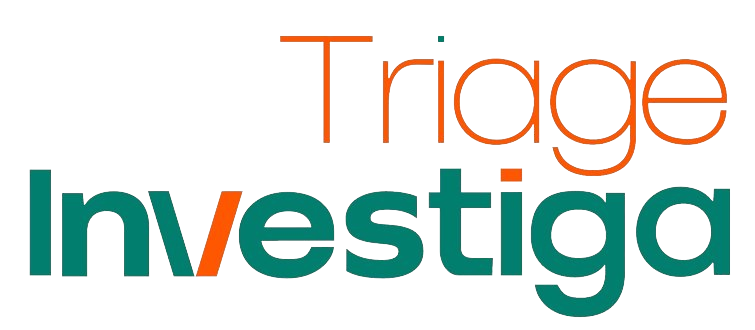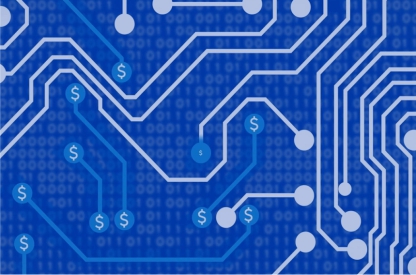
Managing Data Privacy to Help Combat Fraud
26 Januari 2024
This year’s global Data Privacy Day reminds us that in an era dominated by digital interactions, the significance of protecting personal data cannot be overstated. As individuals and businesses increasingly engage online, the potential for data breaches and fraud looms larger than ever. In the Philippines, data privacy is governed by the Republic Act No. 1073, also known as the Data Privacy Act of 2012 (DPA).
In this article we delve into the intricate relationship between data privacy, fraud, and the critical role of aligning risk assessments to help safeguard our digital world.
In the Philippines, unfortunately we’ve had more than our fair share of data privacy breaches. For example, in April 2023, a massive data breach exposed the personal information of millions of Filipinos, including data from critical institutions such as the Philippine National Police, the National Bureau of Investigation, and the Bureau of Internal Revenue. Stolen data logs from compromised Philippine government subdomains later appeared on the Russian black market. Worryingly, it’s not an isolated event as hackers often try to obtain unauthorized access to sensitive and confidential personal data. These breaches can have catastrophic aftereffects as the illegally obtained data becomes a catalyst for fraudulent activities. According to the police Anti-Cybercrime Group (ACG), more than half of the cybercrimes committed in the Philippines were online frauds. Typically, in these types of frauds, criminals try to exploit data privacy vulnerabilities to facilitate various forms of crime such as identify theft, financial scams, and corporate espionage.
Here are 3 steps to consider when looking to mitigate fraud risks resulting from data privacy breaches.
1. Proactively administer data
Given the persistent increase in the volume of cyber-attacks and data theft incidents, organizations need to take a proactive step and implement robust data privacy practices. This includes being compliant with local and global data privacy laws, using encryption protocols, and conducting regular security audits. Upholding privacy standards not only helps mitigate the risk of fraud but also fosters a positive and secure online environment. By being proactive and staying a step ahead, organizations can help to reduce the risk of falling victim to data breaches/data driven frauds.
2. Training and awareness
Awareness plays a pivotal role in fortifying the digital ecosystem against fraud. Data privacy and fraud awareness training offer numerous benefits helping to educate employees about the importance of data privacy, the risks associated with online activities, the potential consequences of a data breach or security incident and equipping them with the knowledge to take appropriate preventive measures. Employees that understand these risks are less likely to be duped by phishing attacks or other attempts to compromise a company’s data.
3. Align data privacy and fraud risk assessments
The two domains are strongly linked. Personally identifiable information is the life blood of todays cyber fraudster and by not viewing both risks through the same lens, companies could end up with controls that are misaligned. A fraud risk assessment can help you better understand the value to the fraudster of a particular data source so that you are better equipped to assess the appropriate level of controls that are required to help mitigate the threat.
Conclusion
As technology continues to advance, the importance of robust privacy protection measures will only grow, reinforcing the collective effort to prevent fraud and maintain the integrity of online interactions.
Organizations should start aligning data privacy and fraud risk assessments, embracing compliance measures, staying abreast of regulatory changes and fostering a culture of heightened privacy and anti-fraud awareness – these together are vital first steps to help protect data and ensure that the digital age remains a realm of innovation and connectivity rather than a breeding ground for fraud.




